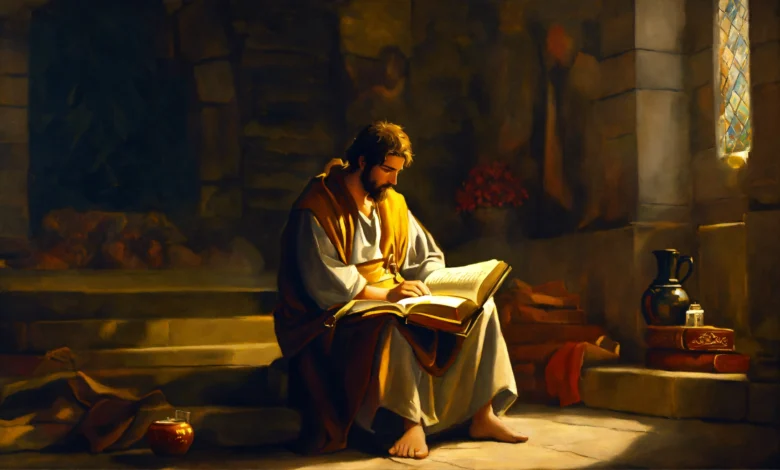Books That Shaped History: From Scripture to Orwell

Words that Built Civilizations
Books have been anchors of human culture. They are not just paper and ink but guides that shaped law art and daily life. “The Epic of Gilgamesh” still echoes with its questions about friendship and mortality. Sacred texts like the Bible or the Quran framed entire societies. These works built bridges between generations reminding people of shared origins and moral codes.
Over centuries books became survival kits for the mind. People who teach themselves often use Zlib to keep learning because knowledge carries a sense of freedom that cannot be locked away. Every empire from Rome to the British crown leaned on written law and literature to secure order. Even in fragile times a book could rally faith and hope stronger than any sword.
Voices that Stirred Revolutions
Printed words sparked revolutions before cannons fired. Martin Luther’s “Ninety-Five Theses” challenged an entire church. Thomas Paine’s “Common Sense” lit the fuse of American independence. These texts were not written for elite scholars but for ordinary readers who longed for change. The written word carried power because it slipped past walls and silenced halls.
Later centuries gave the world authors who reshaped political debate with novels. Harriet Beecher Stowe with “Uncle Tom’s Cabin” made the cruelty of slavery impossible to ignore. Karl Marx with “The Communist Manifesto” urged a new social order. These books did not just record history they tilted it. Their sentences became footsteps across continents as readers marched for liberty or revolution.
Ideas Carved in Stories
History is full of books that spread ideas in ways no speech could. Sometimes the story spoke louder than raw argument. To show how different kinds of writing molded society here are a few categories worth noting:
- Sacred Narratives
Sacred books became the backbone of entire cultures. They taught justice and ritual and also gave meaning to grief and joy. The Old Testament stories of exile and return offered a model for survival under oppression. Hindu texts like the Bhagavad Gita explored duty and spiritual struggle in the middle of battle. These narratives went far beyond theology. They set down rhythms for festivals education and law.
- Political Blueprints
Some books worked like handbooks for power. “The Prince” by Niccolò Machiavelli stripped politics of illusions. It did not preach morality but explained survival for rulers. Jean-Jacques Rousseau’s “The Social Contract” flipped authority upside down by arguing that sovereignty belonged to the people. Both books reached leaders and rebels alike giving them the tools to plan action and question tradition.
- Warnings in Fiction
Stories have often warned societies when direct argument would have been silenced. George Orwell’s “1984” drew a bleak portrait of a world with no privacy or trust. Aldous Huxley’s “Brave New World” described a society drugged into obedience by pleasure. These works did not just entertain. They trained readers to notice threats hidden behind comfort or control.
Such books proved that literature could be both sword and shield. They offered escape but also foresight guiding nations through storms of change.
Memory and Modern Echoes
In more recent years people turned again to texts that helped them understand tyranny and freedom. Orwell remained the writer most quoted in debates about surveillance. His words slipped into daily speech as metaphors for propaganda and control. At the same time the rise of e-libraries widened access to historic works that once were rare. Z-library became a door through which readers walked to rediscover ideas that shaped the past and still shape the present.
Books remain time machines and also mirrors. They carry myths and visions across centuries while asking new generations to weigh the same dilemmas. Whether scripture carved on stone or novels pressed onto cheap paper the written word has proven to be the most durable weapon in human history. It speaks when kings fall and when nations are born. It keeps asking questions long after the ink has dried.





